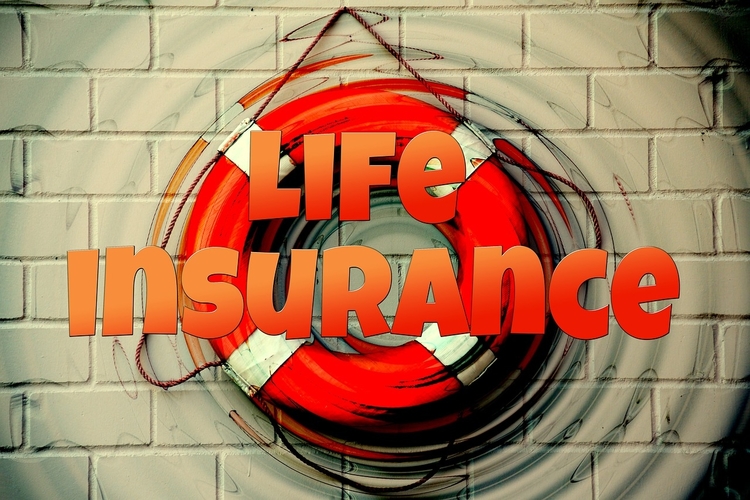Buying life insurance is a way for an individual to protect their dependents from unpaid liabilities and uncovered expenses in the event of their own death.
The benefits of a life insurance policy can be unclear and may lead to challenges when trying to determine which policy is the best for different situations. In this article, we will examine each of the types of life insurance, what they cover, and when individuals typically use them.
Term vs. Permanent
All life insurance falls under one of two categories: term and permanent. Term life insurance only covers a pre-set amount of time, whereas permanent life insurance can cover the duration of the insured’s life.
Term Life Insurance
Term life insurance is a policy that lasts for a relatively short period of time—usually 10-20 years—and comes with a death benefit. Once the term ends, policies can typically be renewed, though usually at a higher cost (because the policyholder is older and inherently comes with higher health risks). Applicants usually need to pass a medical examination to qualify for term life insurance.
Term life insurance is typically the most affordable type of life insurance because it has a limited duration and no cash value that can be accessed. If the policyholder dies within the term, then beneficiaries will get a payment that they can use to cover lost income or to protect themselves from liabilities, such as a mortgage or outstanding personal debt. While this makes term life policies an efficient way to mitigate the biggest financial problems caused by early death, their temporary nature prevents them from being used in most long-term estate plans.
Whole Life Insurance
Whole life insurance is a type of permanent life insurance that guarantees a death benefit for the duration of the policyholder’s lifetime, provided that all premium payments are made. Due to the lifelong coverage period, this policy is better equipped for estate planning and charitable giving strategies than term life insurance. While most whole life policies feature fixed premiums that will not increase over time, their premiums are much higher than those for term life. This is because whole life insurance both provides a death benefit and accumulates a usable cash value.
A whole life policy’s cash value can be used to produce dividends for its policyholder (typically at a predetermined rate) or can be borrowed against if the policyholder is in financial need. It is important to note that insurers put restrictions on borrowing against a policy and that any withdrawals will decrease the policy’s cash value.
Universal Life Insurance
Universal life insurance is another type of permanent life insurance that typically acts as a more flexible version of whole life. You are able to choose the length of guaranteed protection and the schedule for premium payments in advance. Both are guaranteed to remain unchanged (unless you choose to change them) so long as the premiums are paid on time and in full. As with whole life insurance, universal life provides both coverage and a cash value, so its premiums will tend to be higher than those for term life. However, universal life insurance policies typically offer more control over their cash value than whole life policies. Universal life insurance policyholders can increase their premiums to boost the policy’s cash value or can use their accumulated value to cover premium payments. To qualify for most universal life insurance plans, individuals must pass a medical exam.
Variable Life Insurance
Variable life insurance, which is a variation of either whole or universal life insurance, permanently offers a death benefit to a beneficiary in the event of the policyholder’s death. However, variable life insurance offers the ability to change premiums to adjust the amount of coverage. Like other forms of permanent life insurance, variable universal life insurance takes a portion of the premiums and invests them in a tax-deferred account. The investments are allocated in mutual-fund-type accounts and are therefore subject to market volatility, which will likely affect the total cash value of the account.
Insurance can be an important part of a comprehensive financial plan. However, different individuals have varying needs, and no single policy will be most appropriate for everyone. It’s important to determine which is right for you before purchasing.


